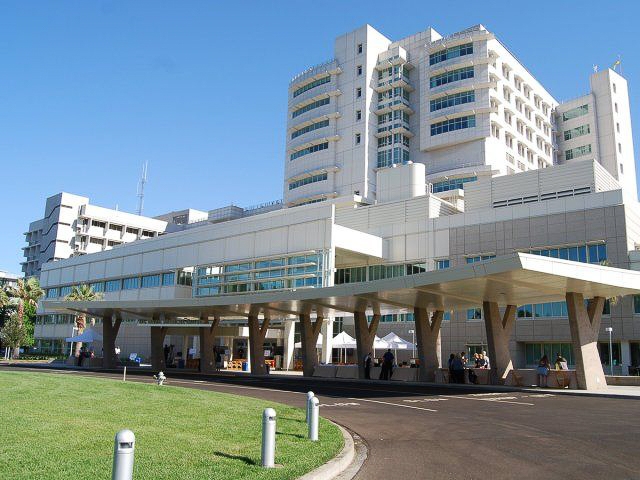200 children in Europe, U.S. diagnosed with COVID-related inflammatory syndrome
UC Davis Children’s Hospital, part of the Pediatric Emergency Research Networks (PERN), is helping conduct a global study regarding COVID-19 in children. The Children’s Hospital has thus far seen very few cases of the coronavirus in children, and none have exhibited symptoms associated with a newly reported syndrome that COVID-19 causes in children, which has affected about 200 children in the U.S. and Europe.
This syndrome has been identified as Multisystem Inflammatory Syndrome (MIS-C) and is characterized by fever, multiorgan problems and inflammation. These symptoms can occur well after a child is infected with COVID-19 and, as with the typical version of coronavirus, patients may not even be aware that they are infected.
Coronavirus usually targets the lungs in adults and older children, causing respiratory problems. MIS-C, however, causes inflammation. In the worst case scenario, this can lead to a heart attack, according to Nathan Kuppermann, professor and chair of emergency medicine at UC Davis.
MIS-C presents similarly to Kawasaki disease, although it may affect the heart more severely than Kawasaki typically does. For example, it can cause myocarditis — abnormal heart rhythms — according to an article in UC Davis Health News.
Still, children make up just 1–2% of reported COVID-19 cases as of May 2020, according to Web-MD. CDC guidelines for avoiding MIS-C match those for avoiding coronavirus in general.
The CDC currently recommends that children over the age of two wear face masks. It also advises social distancing, hand washing, disinfecting “high-touch” spaces and avoiding both sick people and playing with other children.
It also suggests taking “extra precautions” if the child occupies a household with another individual deemed at a greater risk for the virus.
“With limited information about risk factors, treatments and outcomes, the CDC has asked providers like UC Davis Health to closely watch for suspected cases,” UC Davis Health said.
Written by: Rebecca Bihn-Wallace — campus@theaggie.org
A previous version of this article spelled Nathan Kuppermann’s last name incorrectly. The article has been updated to correct this.









